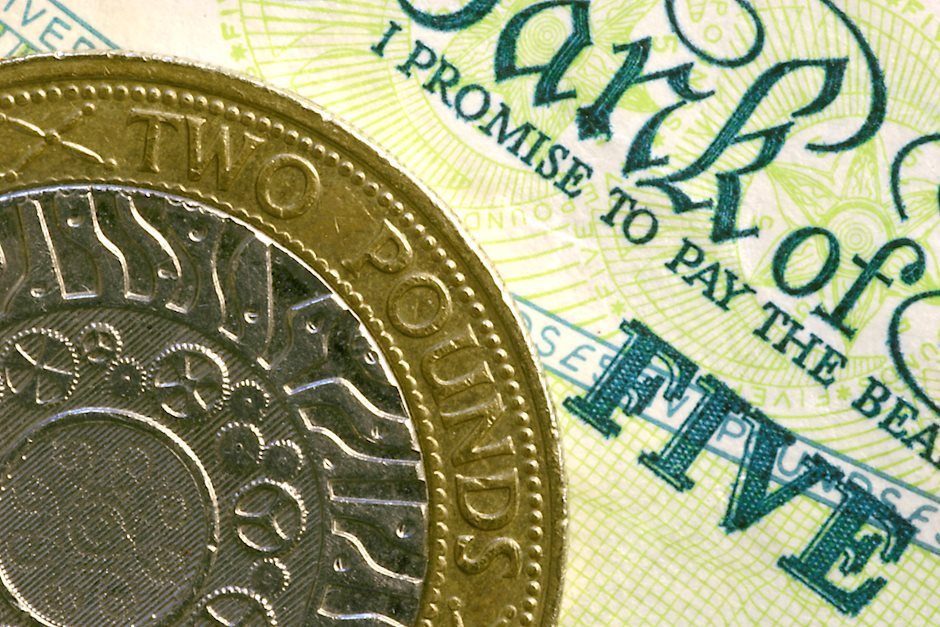GBP Soars 2% on Brexit Vote, 1.35 Next?

Investors are relieved that Britain won't be spiraling out of the European Union with no agreement. In the past 2 days, Parliament rejected Theresa May's withdrawal agreement and voted to rule out a no-deal Brexit. Unfortunately rather than accept defeat, May refused to back down and recognize the will of Parliament and instead responded by saying a no-deal Brexit is still the default unless a deal is made. With that in mind, she can't punt any longer and needs to request for an Article 50 extension. There are reports that she will ask for a 2 month delay and if she doesn't, Thursday's vote will force her had.
GBP/USD jumped more than 2% today and EUR/GBP dropped to its lowest level in over a year. The risk a no-deal Brexit has worried central bankers and investors for months and with this option shelved, the UK economy is no longer at risk of a deep and fast contraction. Instead, growth will continue to deflate slowly until the UK leaves the European Union and secures favorable trade agreements with other countries. By no means is Britain out of the woods but for the time being, the strong rally in GBP reflects the market's relief that the country hasn't been plunged into chaotic void.
But there's one more big hurdle for sterling to clear and that's the timeframe for the extension of Article 50 - will it be the short 2 month supplement to the deadline or a longer 2 year addition? We know from previous comments by the European Commission that they are open to delaying the exit beyond a year but the Prime Minister who has refused to make the request up until now may opt for a shorter extension in the hopes that it will force everyone's hand. It is not clear how quickly we know but the request is assured and the EU will grant it. They're not thrilled because ruling out no deal still requires an agreement to be reached but at least they won't be running up against the March 29th deadline.
Having had years to reach an agreement, expectations for a 2 month extension are low but if May puts in the request and the EU accepts it (and there's no reason for them not to), GBPUSD could extend its rally to 1.35. All of the financial markets benefitted from the Brexit vote - US equities rose strongly as all of the high beta currencies followed sterling upwards. EUR/USD broke through 1.13 while USD/CAD descended below 1.33. USD/CHF is at the cusp of breaking parity. A no deal Brexit would have been bad for the Eurozone which is why after today's vote there could be more short covering in the currency. Eurozone fundamentals aren't great but the recovery in industrial production at the start of the month, positive risk appetite and bottoming of German bond yields should encourage further gains in the currency. At minimum, we expect EUR/USD to hit 1.1365/1.14.
The U.S. dollar could extend its slide against all of the major currencies especially after today's softer inflation report. Consumer and producer prices increased from the previous month but the positive contribution of higher oil prices has been limited. Tomorrow's jobless claims and new home sales reports are not expected to have a significant impact on the currency. Instead, USD/JPY traders will shift their focus to the Bank of Japan's monetary policy meeting, which begins this tonight. No changes in policy are expected but the economy has slowed and inflation is moving lower. The central bank could lower their economic assessment which could extend the slide in the Japanese Yen.
Author

Kathy Lien
BKTraders and Prop Traders Edge

















